Understanding what premium housing is means looking at the city through the prism of the habits of those who pay not for the walls, but for the lifestyle scenario. Here, the price indicates not the cost, but the level. Every detail controls the feeling, and the project dictates the quality of life, like a conductor sets the tempo of a symphony.
Architecture without compromises: the face of premium
The facade of a premium segment building speaks a different language. The architecture uses international bureaus, author’s projects, non-standard geometries, ventilated facades, and natural stone. Housing in this class does not replicate but shapes the appearance of the area.

What premium housing is can easily be recognized by details: floor-to-ceiling glazing, ceiling heights from 3.2 m, smart home systems, designer lobbies. The concept includes author elements from renowned architects, such as in projects by OMA, Zaha Hadid Architects, or “Atmosfera” on Mosfilmovskaya.
Location – not just a point on the map
The decisive factor remains the location. Premium properties are concentrated in areas with a stable price per square meter. What premium housing is in the context of geography is not just centrality but context. Views of water, park areas, absence of neighbors “by the meter.” Presence in the surroundings of private schools, boutiques, cultural spaces.
Value is formed not by coordinates but by the atmosphere – the feeling of a protected space, the aesthetics of the streets, the quietness in the courtyard. The area should combine convenience and seclusion. Premium gastronomy, galleries, theaters, fitness clubs nearby, but without chaotic movement and random passersby. It is these zones that become points of attraction for an audience willing to pay for the quality of the environment, not just for the address.
What premium housing is: classification and differences
Understanding the structure of the market requires a classification of expensive housing. There are informal parameters based on a set of characteristics: area, technologies, location, developer, management.
The differentiation between “premium class vs elite class” is based on criteria of privacy and scale. Elite class consists of small-apartment buildings with apartments starting from 200 m², separate entrance, security, car-free courtyard. Premium class offers comfort with scale: security, underground parking, architecture, but without a focus on seclusion.
The difference between business and premium housing is noticeable in finishing, service level, construction technology. Business class offers functionality, while premium class offers a lifestyle.
What premium housing is: characteristics shaping the level
Premium is not a label but a sum of specific requirements without which a project does not pass the market’s internal filter. Here, not only aesthetics matter but also standardized quality at all levels – from engineering to management.
For a developer to classify a property as premium segment, a set of parameters needs to be met:
- Architecture: author’s project, panoramic glazing, ventilated facades.
- Location: central or unique natural area.
- Area: from 80 m², ceilings – from 3 m.
- Finishing: designer, “white box,” or premium with furniture.
- Parking: underground, with elevator to the floor.
- Infrastructure: fitness rooms, spa, coworking, cafes.
- Management: premium-level management company.
- Security: closed area, video surveillance, reception.
These characteristics of premium class create the level of service that the market votes for. Not by status, but by the ruble.
The premium class buyer: who they are
The target buyer is not an investor but a user. They make decisions based on needs: quietness, prestige, security, service, comfort. It could be a business owner, expert, diplomat, public figure. In regions, local entrepreneurs and officials. This is the only segment where the choice is not based on square meters but on a set of life scenarios.
Infrastructure: when the building is part of the city, not the other way around
In premium class projects, infrastructure is not adjacent – it is integrated. Developers incorporate the concept of a “city within a city” into the project: closed inner courtyards, children’s clubs, yoga studios, galleries, restaurants, premium services, concierge service. In “Neva Towers” in Presnensky District, a full-fledged lifestyle hub was created with a pool, spa, and library. In “Fili Park,” a private kindergarten and music studio were integrated.
What premium housing is in this context is not just apartments but an environment where residents get everything they need without leaving the building. Infrastructure influences the price as much as location: in the premium segment, it doubles the liquidity of the property in the secondary market.
Documentation, regulations, and legal cleanliness
Premium class projects undergo multi-stage legal expertise. Construction is accompanied by a full package of documentation: urban planning plan, project declaration, expert opinions, commissioning acts. Developers use DDU under 214-FZ or work through escrow mechanisms with major banks.
What premium housing is in a legal aspect is minimal risks, maximum transparency. The property receives a construction permit after approval by architects and authorities. Each stage is confirmed by state bodies, and documents are published on a single resource.
Premium, elite, business – clear differences without marketing
The issue of segmentation remains relevant. The market is gradually building a system where classification is not just formal but operational.
Differences:
- The difference between premium and elite housing lies in privacy, number of apartments, level of isolation, area.
- Premium class vs elite class – the former offers “smart comfort,” the latter – a club product.
- The difference between business and premium housing lies in architecture, management company, finishing, and price range.
These differences allow for a more precise orientation in the market offerings and understanding what exactly the buyer is paying for. Premium class real estate is a compromise between scale and quality, while elite housing is focused on absolute exclusivity. The business segment addresses functional tasks, while premium shapes a lifestyle.
Area, finishing, and quality standard
In the premium class, the area shapes the rhythm of life. Studio apartments are rare. The average size is from 100 m². Layouts do not replicate typical solutions. Zoning takes into account the needs of families, freelancers, childless couples. Finishing is done in three formats: shell & core, white box, turnkey design project.
What premium housing is without finishing is a choice for those who trust their taste. With finishing, it is a ready solution from renowned studios.
For example, Gilles & Boissier or Karim Rashid. Natural materials are used: oak, marble, brass, silk.
Area and building as an investment asset
The volume of apartments and the building structure directly affect the investment attractiveness. Small-apartment buildings with private elevators and park views steadily appreciate in value.
Assessing liquidity takes into account floor levels, population density, presence of private areas. In the premium segment, the area becomes a tool – the more correct the proportion, the higher the profitability.
Comfort and needs of the new generation
Comfort is not about a soft couch but about a life scenario. Modern needs include quietness, ecological friendliness, technology, autonomy. Premium properties meet this demand through sound insulation, supply and exhaust ventilation, water and air purification systems, energy efficiency.

Consumers appreciate the integration of all functions in one space. Housing works for the owner: security ensures safety, the management company provides convenience, architecture promotes self-respect.
What premium housing is: conclusions
What premium housing is – it is not luxury but the mathematics of a conscious choice. Every detail undergoes market, location, technology, and demand scrutiny. A building that combines architecture, infrastructure, comfort, and transparency does not just create an object – it shapes a new quality of life.





 The Czech Republic applies a strict approach when selecting candidates. Citizenship by naturalization is granted only after a comprehensive personal check. It is important not only to live there, but also to adapt socially, have no debts, know the language, and follow cultural norms.
The Czech Republic applies a strict approach when selecting candidates. Citizenship by naturalization is granted only after a comprehensive personal check. It is important not only to live there, but also to adapt socially, have no debts, know the language, and follow cultural norms.
 Naturalization citizenship requires effort, but it provides a powerful legal tool for living, working, investing, and feeling secure. The path demonstrates commitment to a new homeland, and the process itself fosters a sense of civic responsibility.
Naturalization citizenship requires effort, but it provides a powerful legal tool for living, working, investing, and feeling secure. The path demonstrates commitment to a new homeland, and the process itself fosters a sense of civic responsibility.
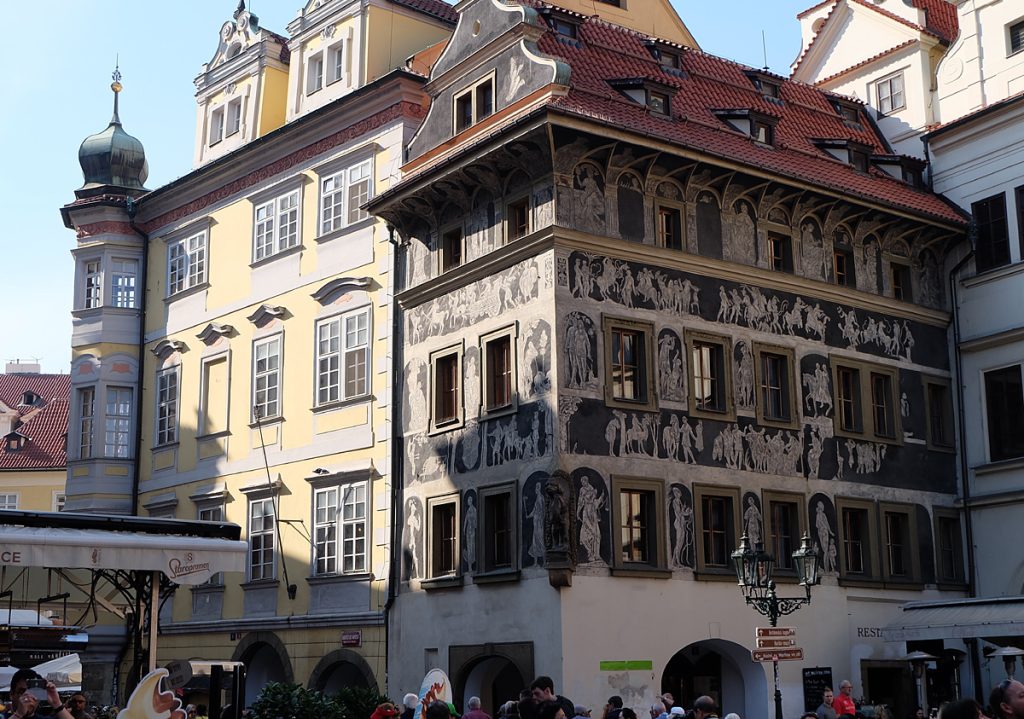 The Czech Republic occupies a special place on the international investment map due to its balanced combination of profitability, stability and legal protection.
The Czech Republic occupies a special place on the international investment map due to its balanced combination of profitability, stability and legal protection.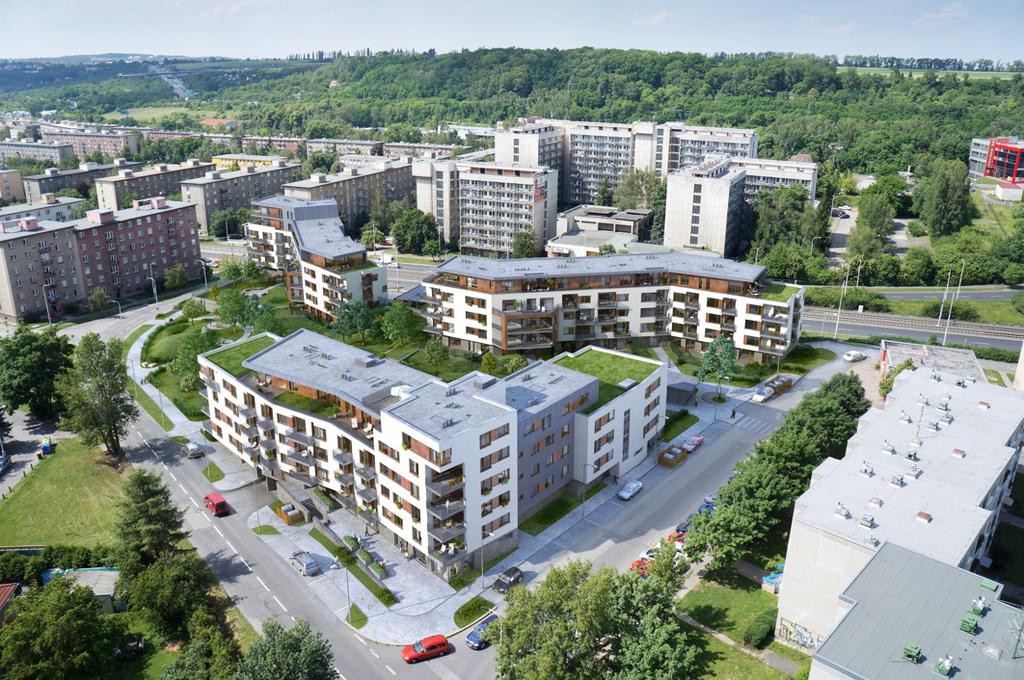 The pros of investing in overseas commercial property turn an asset into a foundation of long-term wealth. Yield, stability, capital protection and appreciation create a strong financial foundation. Special attention should be paid to the Czech Republic, a country that combines all the advantages for international investors: a stable economy, transparent legislation and high demand for commercial leases.
The pros of investing in overseas commercial property turn an asset into a foundation of long-term wealth. Yield, stability, capital protection and appreciation create a strong financial foundation. Special attention should be paid to the Czech Republic, a country that combines all the advantages for international investors: a stable economy, transparent legislation and high demand for commercial leases.
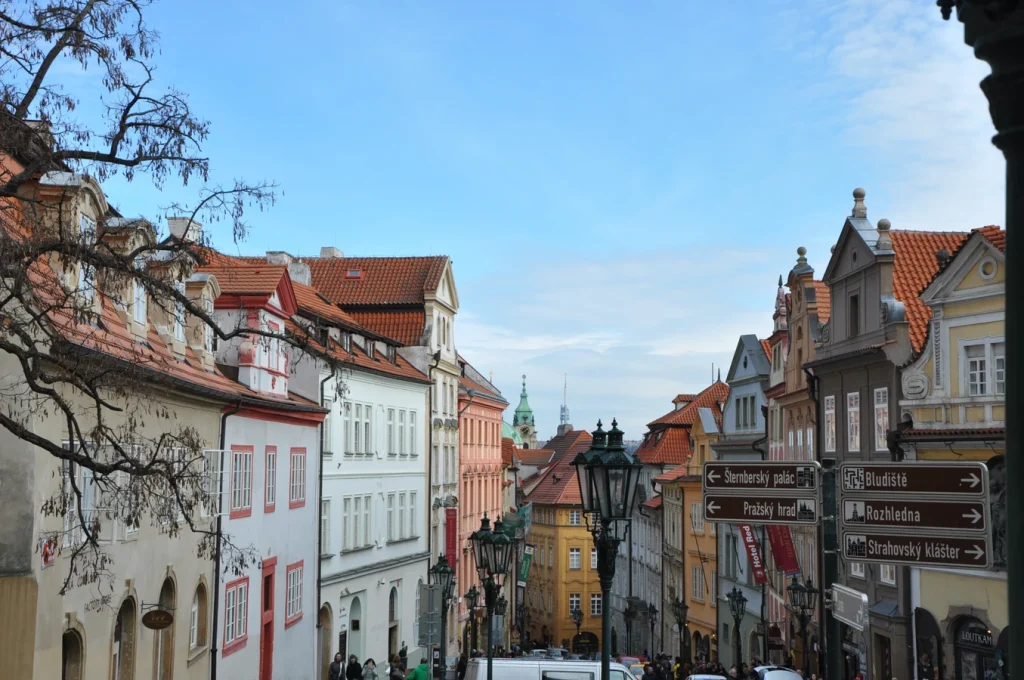 The real estate transaction is strictly through a notary, is registered in the cadastre and eliminates the risks of double sale. Therefore, spontaneous changes in terms and conditions are not possible.
The real estate transaction is strictly through a notary, is registered in the cadastre and eliminates the risks of double sale. Therefore, spontaneous changes in terms and conditions are not possible.
 Czech property remains one of the most balanced assets in Europe. Reasonable prices, stable market, legal transparency, profitability and liveability make buying a flat or a house a real investment. What does buying property in the Czech Republic offer? Life with European quality and a stable outlook.
Czech property remains one of the most balanced assets in Europe. Reasonable prices, stable market, legal transparency, profitability and liveability make buying a flat or a house a real investment. What does buying property in the Czech Republic offer? Life with European quality and a stable outlook.
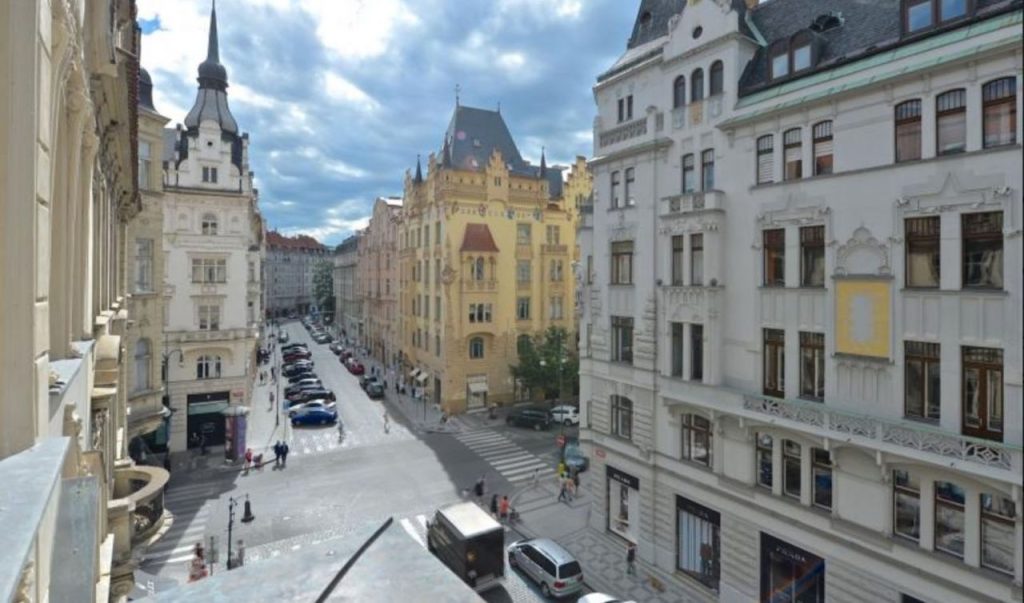 Finding a place to live is one of the most important steps faced by anyone planning to move to the Czech Republic for permanent residence. The country offers a wide range of property, from renting small flats to buying luxury houses. The cost of housing varies depending on the region, type of property and proximity to the city centre.
Finding a place to live is one of the most important steps faced by anyone planning to move to the Czech Republic for permanent residence. The country offers a wide range of property, from renting small flats to buying luxury houses. The cost of housing varies depending on the region, type of property and proximity to the city centre. Moving to the Czech Republic for permanent residence in 2025 is an opportunity to improve the quality of life, gain access to European standards and realise your professional ambitions. Success depends on careful preparation: from choosing the type of residence permit to finding accommodation and adapting to the new society.
Moving to the Czech Republic for permanent residence in 2025 is an opportunity to improve the quality of life, gain access to European standards and realise your professional ambitions. Success depends on careful preparation: from choosing the type of residence permit to finding accommodation and adapting to the new society.
 Despite the many advantages, living in the Czech Republic has its disadvantages. These nuances can seriously affect the decision to move and buy a property.
Despite the many advantages, living in the Czech Republic has its disadvantages. These nuances can seriously affect the decision to move and buy a property.
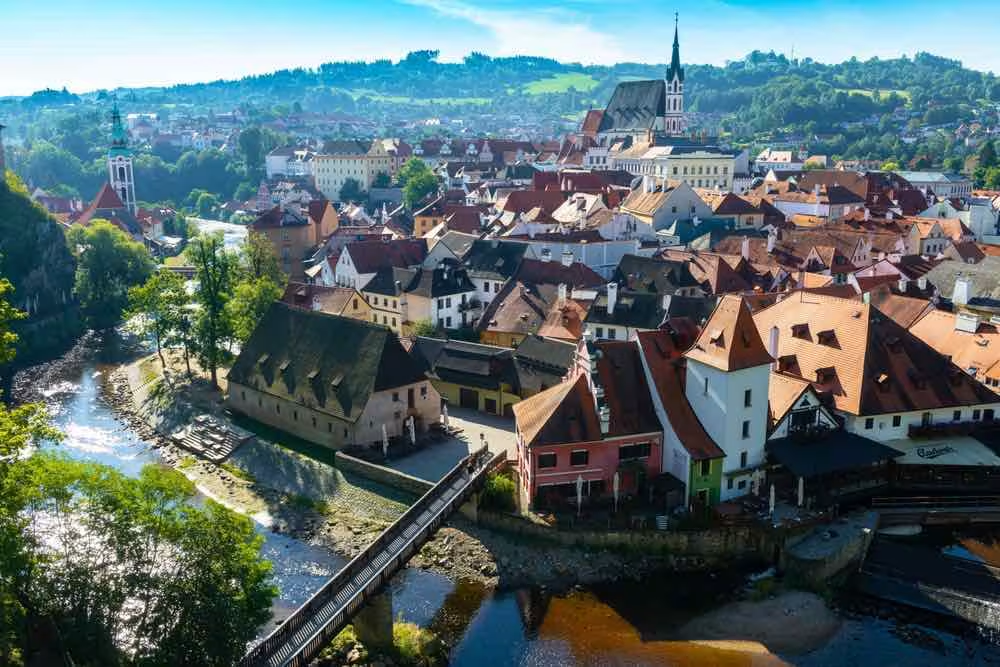 The pros and cons of living in the Czech Republic should be carefully weighed before deciding to move and buy property. A stable economy, high quality medicine and affordable education attract many emigrants. But bureaucracy, taxes and difficulties in obtaining a residence permit can be a serious challenge.
The pros and cons of living in the Czech Republic should be carefully weighed before deciding to move and buy property. A stable economy, high quality medicine and affordable education attract many emigrants. But bureaucracy, taxes and difficulties in obtaining a residence permit can be a serious challenge.
 Buying property in the Czech Republic offers attractive average rental yields of 4-6% per annum, higher than in neighbouring countries. This return is not only due to a stable market, but also to the growing interest of tenants in the country’s major cities, such as Prague and Brno.
Buying property in the Czech Republic offers attractive average rental yields of 4-6% per annum, higher than in neighbouring countries. This return is not only due to a stable market, but also to the growing interest of tenants in the country’s major cities, such as Prague and Brno.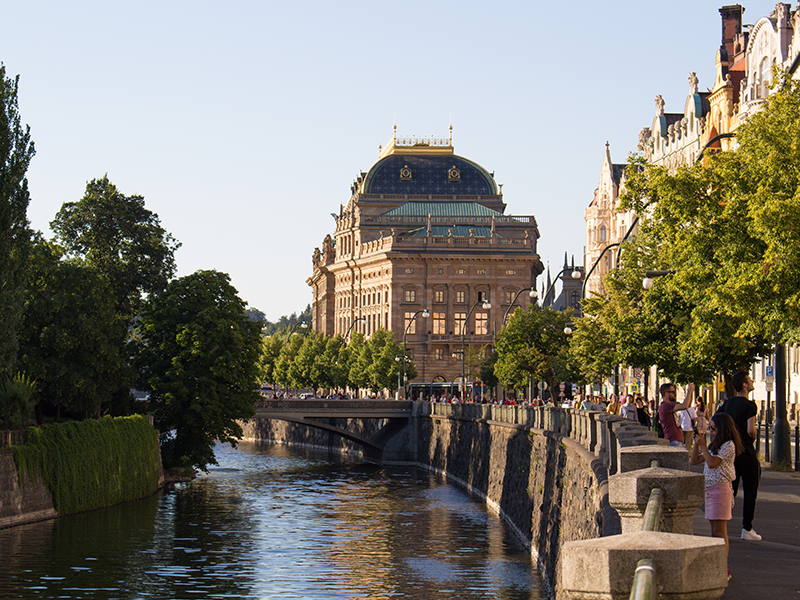 Buying property in the Czech Republic is an opportunity to invest in a stable and reliable market. Whether it is a flat in the centre of Prague or a villa in Karlovy Vary, each property offers unique prospects for preserving and increasing capital. Consider the Czech Republic as your next step towards financial independence.
Buying property in the Czech Republic is an opportunity to invest in a stable and reliable market. Whether it is a flat in the centre of Prague or a villa in Karlovy Vary, each property offers unique prospects for preserving and increasing capital. Consider the Czech Republic as your next step towards financial independence.
 The Czech Republic is not just a beautiful place to live, but also a stable property market that attracts investors from all over the world. It is a safe investment that gives a real return, especially if you choose the right location.
The Czech Republic is not just a beautiful place to live, but also a stable property market that attracts investors from all over the world. It is a safe investment that gives a real return, especially if you choose the right location. Now that you know all the important aspects of buying property in the Czech Republic, from registration to financial details, all that remains is to decide in which neighbourhood to buy a flat and start a new phase of your life in this beautiful country. Don’t forget to consult experts and carefully check all stages of the purchase to avoid unnecessary risks.
Now that you know all the important aspects of buying property in the Czech Republic, from registration to financial details, all that remains is to decide in which neighbourhood to buy a flat and start a new phase of your life in this beautiful country. Don’t forget to consult experts and carefully check all stages of the purchase to avoid unnecessary risks.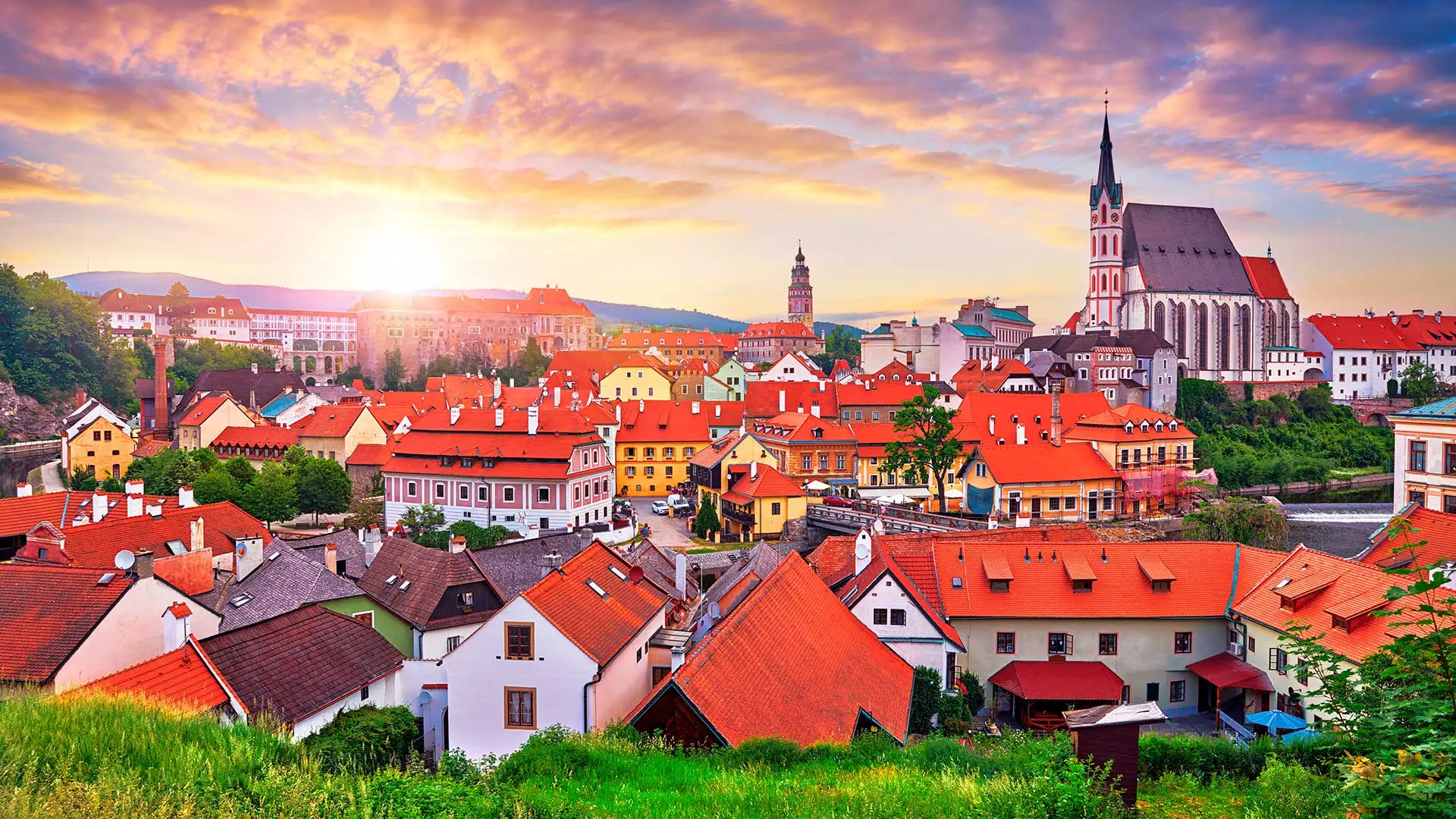
 Commercial square metres offer a wide range of investment opportunities, from office space in the centre of Prague to retail space in dynamic areas. Investments in commercial properties are capable of generating stable income over a long period of time, while offering some protection against inflation.
Commercial square metres offer a wide range of investment opportunities, from office space in the centre of Prague to retail space in dynamic areas. Investments in commercial properties are capable of generating stable income over a long period of time, while offering some protection against inflation. Whether you are interested in residential flats, office buildings or holiday properties, the country offers many opportunities for profitable investments. Once you understand what property in the Czech Republic to invest in, you can choose the best option that can bring a stable income. Each investor will find something that suits him or her, whether it is Prague with its business centres or Karlovy Vary with its resort properties.
Whether you are interested in residential flats, office buildings or holiday properties, the country offers many opportunities for profitable investments. Once you understand what property in the Czech Republic to invest in, you can choose the best option that can bring a stable income. Each investor will find something that suits him or her, whether it is Prague with its business centres or Karlovy Vary with its resort properties.
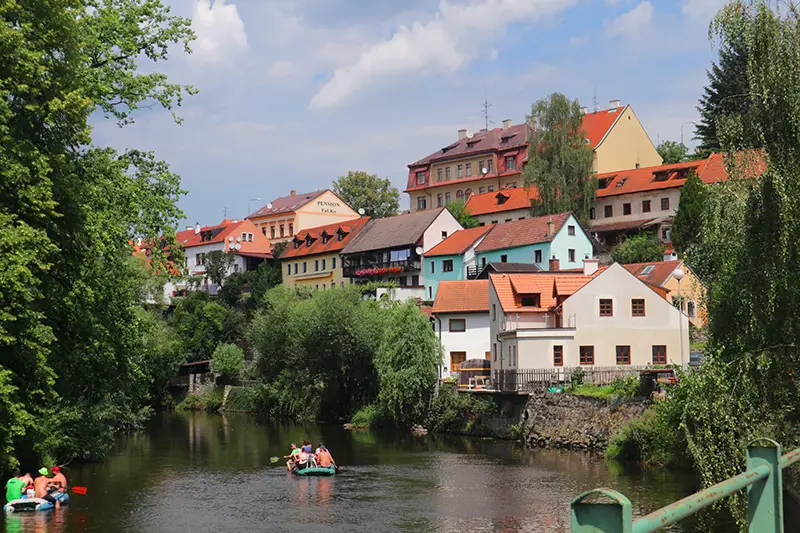 Pros:
Pros: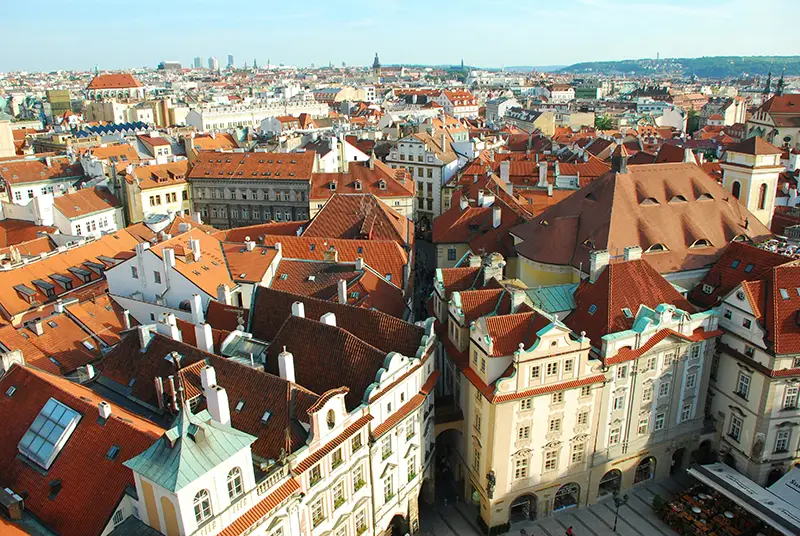 Property in the Czech Republic offers unique opportunities for preserving and increasing capital. Stable price growth, high rental yields and favourable conditions for foreign investors make this market one of the most attractive in Europe. Investing in Czech properties is a step towards financial independence and stability, especially in conditions of economic uncertainty.
Property in the Czech Republic offers unique opportunities for preserving and increasing capital. Stable price growth, high rental yields and favourable conditions for foreign investors make this market one of the most attractive in Europe. Investing in Czech properties is a step towards financial independence and stability, especially in conditions of economic uncertainty.
 Bureaucracy exposes even deeper differences between residence permit and residence permit. To obtain temporary status, a reason is often sufficient: study, work, family reunification, investment.
Bureaucracy exposes even deeper differences between residence permit and residence permit. To obtain temporary status, a reason is often sufficient: study, work, family reunification, investment.
 The differences between residence permit and permanent residence permit determine not just a legal category, but the quality of life, reliability of status and development horizons.
The differences between residence permit and permanent residence permit determine not just a legal category, but the quality of life, reliability of status and development horizons.